The 80/20 Diet Explained
Following a healthy diet does not mean cutting out all your favourite foods! I mean, I know I wouldn't survive without my weekly dose of delicious pasta and red wine. Instead, it's about finding the right balance between a mixture of whole foods and soul foods, that fuel your mind, body and soul.

As a general rule of thumb it is believed we can achieve this by following the 80/20 diet. Now, I know some of you may be questioning what this diet actually entails. So, to clear up any questions, we've checked in with sports dietitian, Peta Carige, who's provided us some expert advise about what the 80/20 diet is, how it can impact our physical, social and mental health, along with some key tips on how we can stay on track with our nutritional goals!
What is the 80/20 Diet?
"From a dietitian’s perspective, the 80/20 rule is when you eat healthy, whole foods within your energy goals (for example, the correct amount of energy to meet your daily energy expenditure) 80% of the time, and foods that are discretionary, or for enjoyment, the other 20% of the time".
Whilst this sounds pretty simple to follow, Peta has helped us highlight two key challenges we should all be conscious of when following the 80/20 diet.
1. The struggle to actually eat wholefoods 80% of the time.
We often eat treat's', or sometime's foods, on a daily basis, and whilst this can align with the 80/20 rule, it does require us to be consciously tracking our foods, which isn't always the case.
A little bite here and a little nibble there, and before we know it our 80% wholefood diet has quickly diminished to 65-70%.
Not to sweat it though, as Peta reminds us that working up to this 80% goal is a gradual process, and that it takes time to work out what foods do and do not fit into our nutritional goals.
2. Sticking to the 20%.
If we go out for a special dinner, or a bite to eat with a few drinks, we can easily meet our 20% soul-food quota in a single seating.
The key to overcome this is to plan. If we know we have a social event coming up in a few days, try to eat some additional wholefoods in the days leading up, as this helps us stay on track with our food.

How does food impact your social health?
When we think about the health effects of food we often only consider this from a physical perspective. Is this going to give me energy? Will this help me lose weight? Is this meal going to make me feel bloated? But have you ever thought about it from a social point of view?
"Food is largely the provider of health, energy and well being for us as humans, however, we cannot underestimate the social impact of meals and eating. It is how we socialise with family and friends; it is ingrained in our cultural rituals and it brings us pure joy when we engage all six of our senses for a culinary meal when dining out. Therefore the 80/20 rule helps people recognise that when food is consumed for any of the above reasons it should be enjoyed entirely guilt free, this in itself helps you make better choices throughout the rest of the week." - Peta Carige
It's important to recognise that we no longer only consume food for survival. We now use it as a way to connect with others, take a break reality, and to get a little enjoyment out of life. Following the 80/20 rule helps make sure these things are not lost or forgotten when trying to eat healthier or dieting.
How does food impact your mental health?
With food having such a big impact on our social health, it's no surprise that it effects our mental well being as well. In fact, "there is growing evidence that eating a whole food diet high in fruit and vegetables, legumes, wholegrain, lean protein and healthy fats is not only beneficial to your waistline but also your mental health" says Peta.
"We are learning very quickly that high fibre, whole food choices are improving our mental health through the amazing connection between our guts and brains".
Example of the 80/20 diet
For a little further insight into the 80/20 rule, Peta has given us an example of her regular Thursday and Friday food routine.






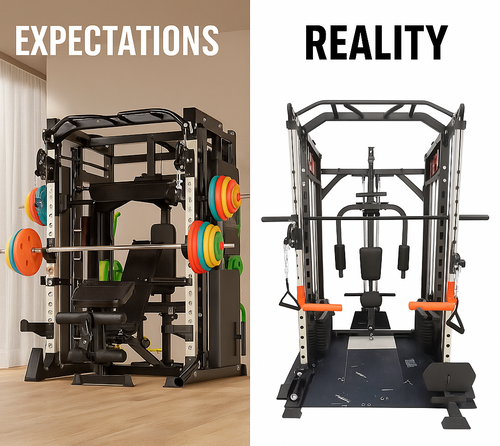




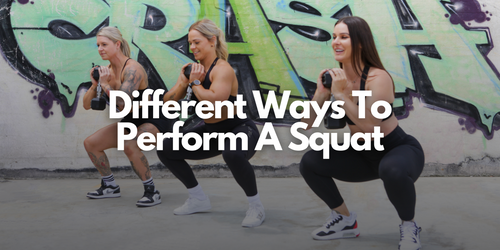

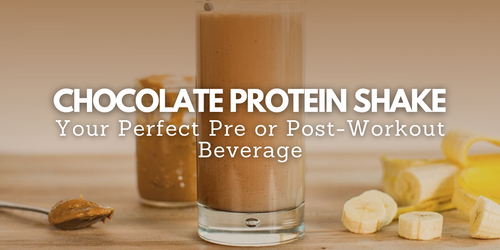

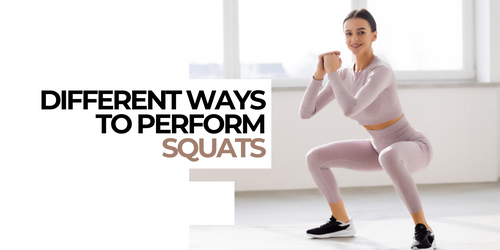



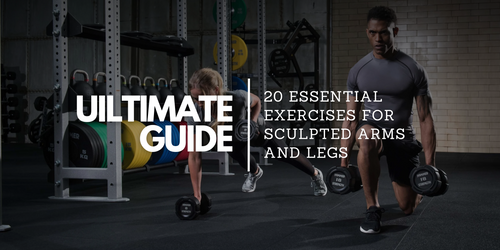
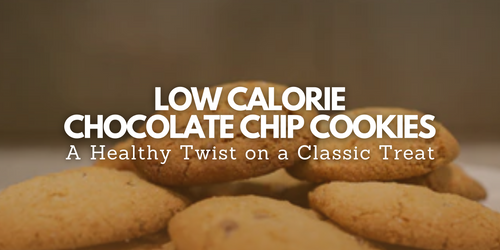
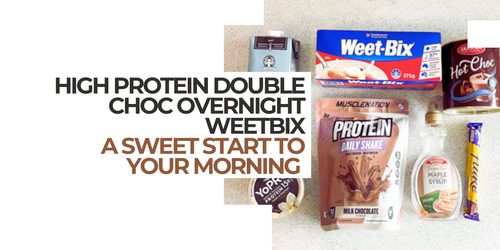

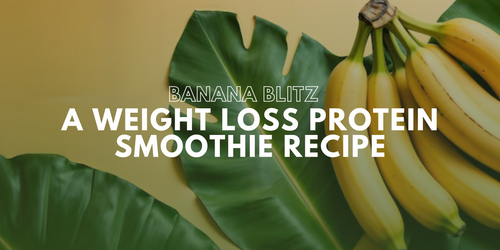
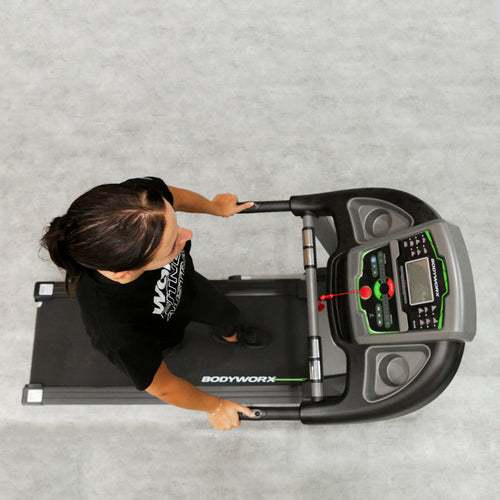




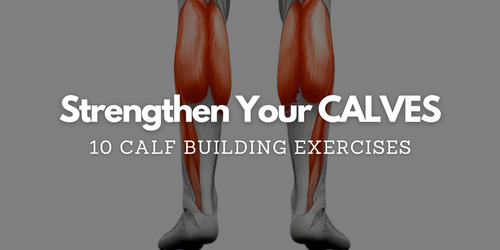
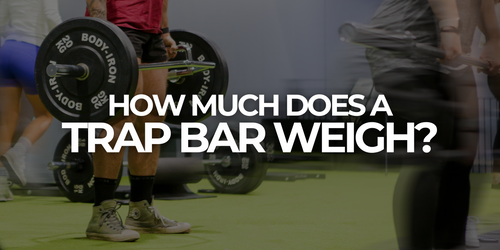
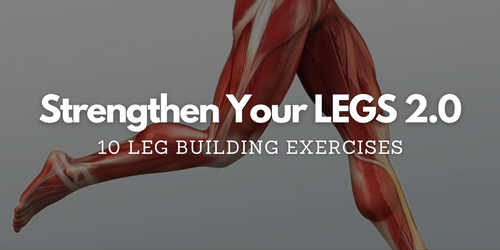
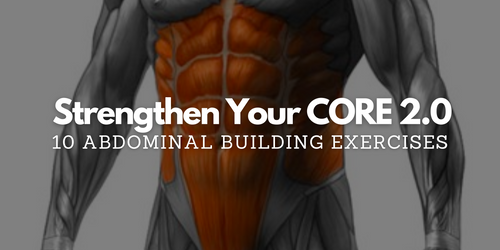



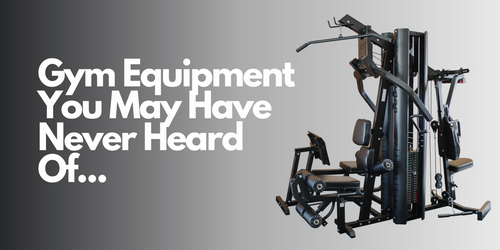
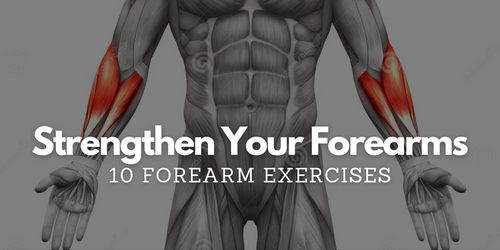

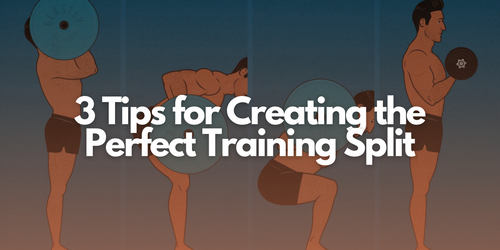
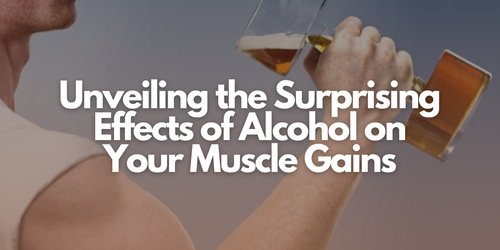
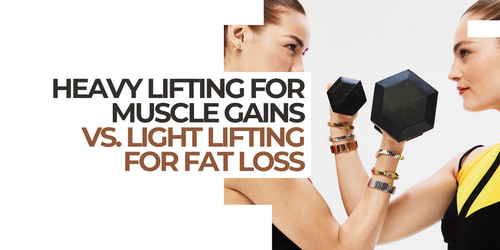


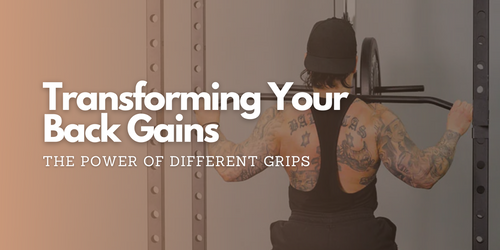
Leave a comment